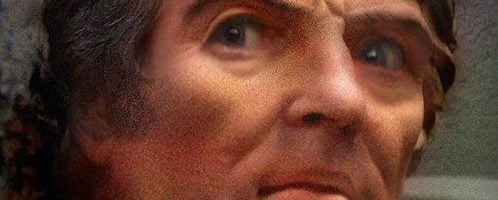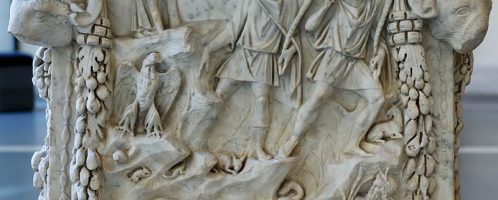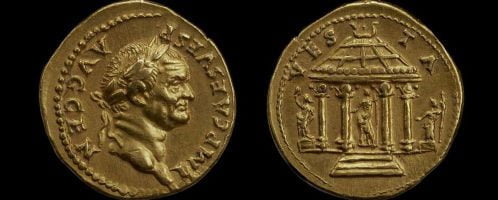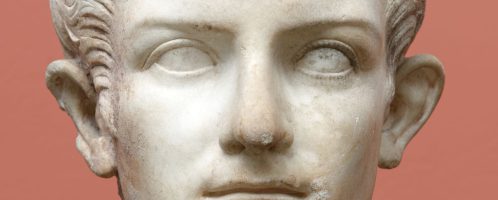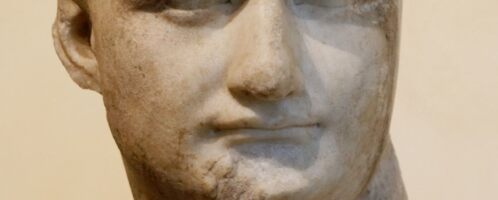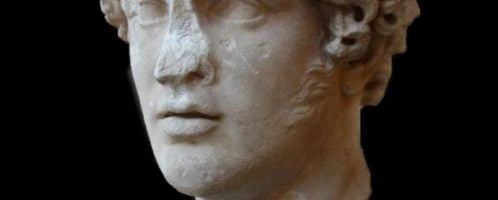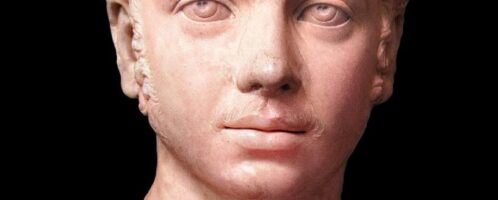Sulla was especially cruel
According to ancient sources, Lucius Cornelius Sulla, after taking full power at the end of 82 BCE, began extremely bloody proscriptions against the opposition and his enemies, which claimed nearly 3,000 people. Their property was confiscated and handed over to Sulla’s supporters. According to prevailing rumours, Sulla ordered the killed victims to cut off their heads and set them up as trophies in the atrium of his house.

